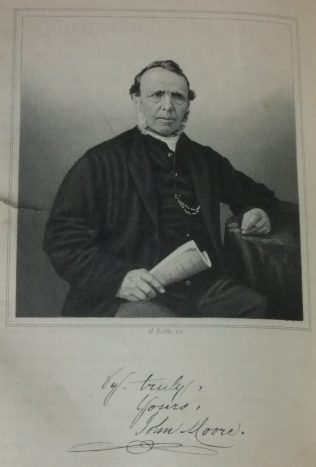- Father's brother? No - their father was William Moore and his brother would share that surname.
- Mother's brother? No - their mother was Anna/Hannah Parsons and her brother would share that surname.
- Father's sister or mother's sister was Aunt Bartley? Most likely. (Less likely would be that someone had an unexpected surname, different from the other members of their family.)
From the Parish of Motcombe register transcriptions (Marriages 1672 - 1836 and Baptisms 1753 - 1812) we can see that:
- James Bartlett married Harriet Parsons (Nov 1806).
- Harriet Parsons (baptised Dec 1780) was the daughter of Joseph and Mary Parsons.
- Anna Parsons (baptised May 1775) was also the daughter of Joseph Parsons (register only shows father's name at that time).
- James and Harriet/Hariot had a son Walter Bartley (baptised Nov 1807) and a son Stephen Bartlett (baptised May 1809).
 |
| Selected family members related to John Moore and his Uncle James Bartley |
So the relationship between nephews and Uncle can be established from the parish registers - with the acceptance that Anna and Hannah are the same person, Harriet, Harriot and Hariot are different spellings for the same name, as well as Bartley and Bartlett being variants for the same family name.
